Ask the expert: Supporting a child with ADHD and foster care experience
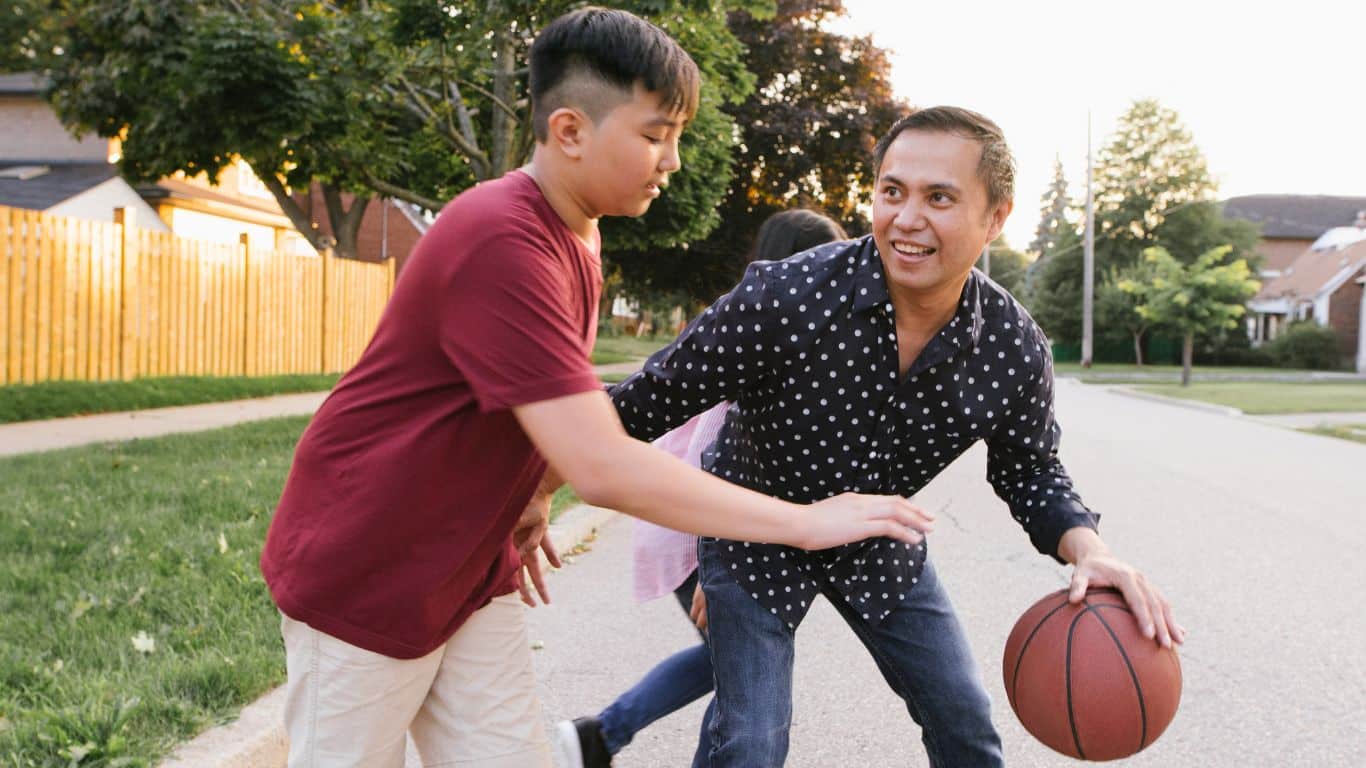
Caring for a child with ADHD and a history in government care isn’t always easy. In this Q&A, adoptive parent and clinical counsellor Andrew McKenzie answers common questions and shares practical strategies for navigating ADHD and trauma. Understanding attention deficit hyperactivity disorder (ADHD) and trauma Q: From your experience, how do ADHD symptoms often overlap with […]
Support for youth and the people who care about them
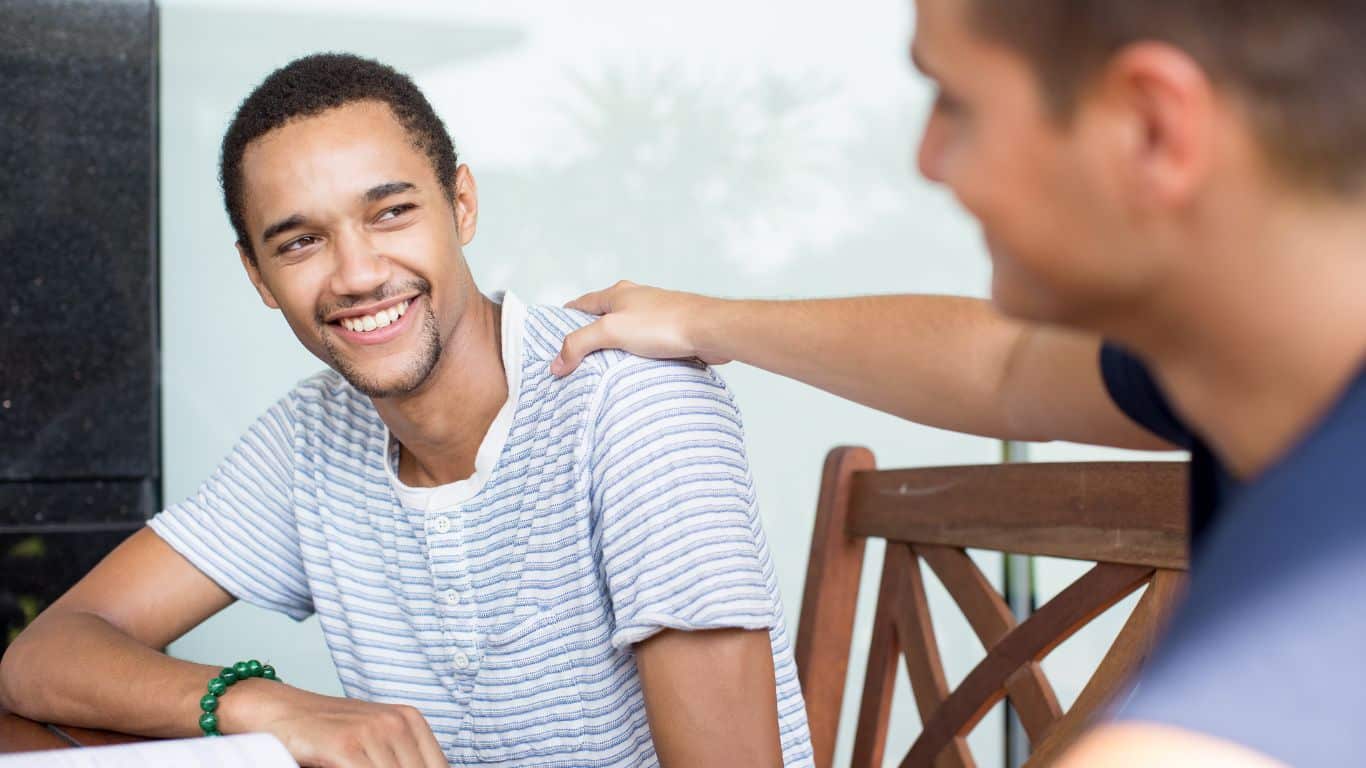
Being an adolescent comes with its challenges—and for young people in and from care, or those with lived experience of adoption and permanency, those challenges can be even greater. Every young person deserves to feel supported, seen, and set up for success. There are many helpful services in BC for young people and the people […]
Trauma-informed parenting: A guide for families

Download this free digital guide that covers important topics like the different ways kids might respond to trauma, how to adopt a trauma-informed parenting approach, and the impact on parents and caregivers. Chances are, you or someone you know has experienced trauma. Almost two-thirds of Canadians report that they’ve experienced a potentially traumatic event. All […]
Ask the expert: Trauma-informed care

Rebekah Craig, former Education Manager at the Belonging Network, sat down with Registered Clinical Counsellor Carrie DeJong to discuss trauma-informed care. You can also view the full video of the interview here. Why it is important to consider someone’s past that may have had exposure to trauma? Trauma produces a lot of emotional, behavioural, or […]
Childhood trauma in the classroom: 10 things teachers need to know
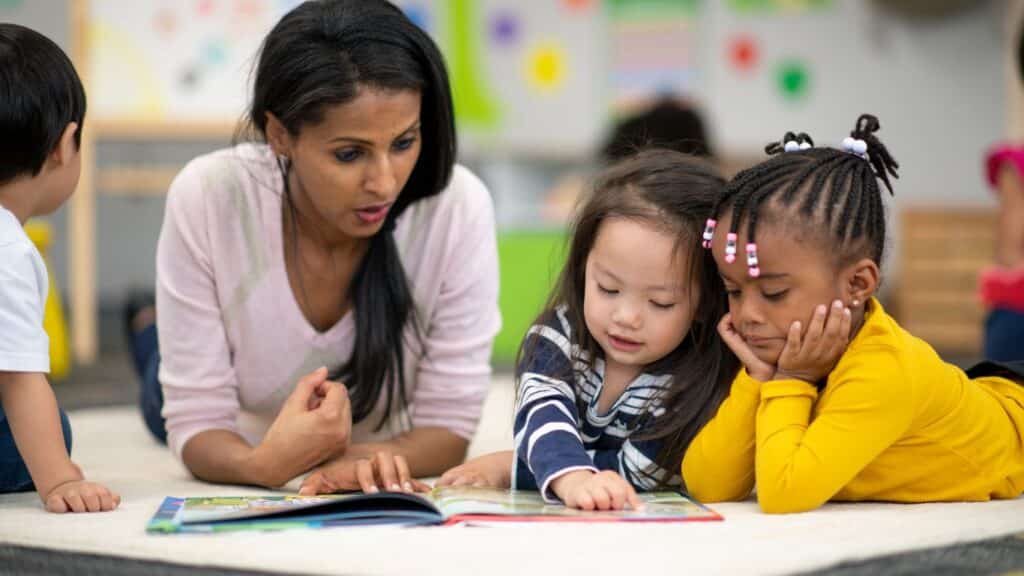
For children who have experienced trauma, learning can be a big struggle. Here’s how to help them. With grief, sadness is obvious. With trauma, the symptoms can go largely unrecognized because it shows up looking like other problems: frustration, acting out, or difficulty concentrating, following directions or working in a group. Often students are misdiagnosed […]
Adoptees and suicide risk

Adoptees are four times more likely to attempt suicide than non-adoptees. There’s no easy way to talk about this topic, but talk about it we must. As the adoptive mom of four young adults — two sons adopted as babies and twin daughters adopted at 6 years old — I know what joy adoption can […]
Somatic therapy: A new approach to adoption trauma

For more than 25 years, Catherine has worked in and with the adoption community as a therapist, an adoptee, and an adoptive mom, always searching for a truly effective approach to adoption therapy. In this article, she explains an approach that she’s found to be highly effective for issues related to adoption trauma. The lasting […]
Shame and the adopted child
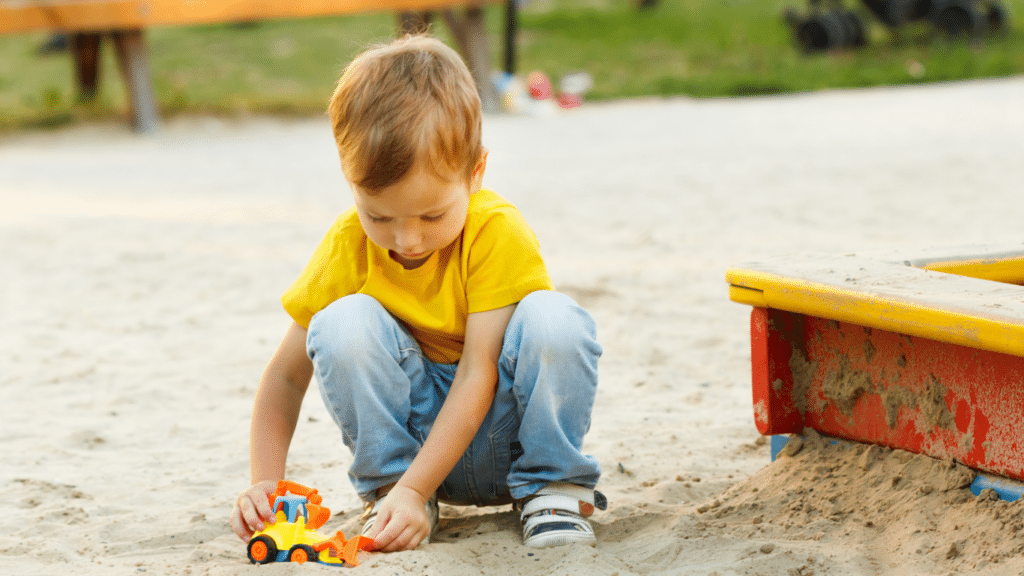
Catherine is the co-founder of the non-profit organization We Are Adopted/Adoptees Association. In this article she draws on her personal experience as an adoptee and an adoptive mother as well as her professional experience as a registered clinical counsellor to explain why shame and adoption are so intertwined. Shadowed by shame Shame is something that […]
Early adversity and mental health
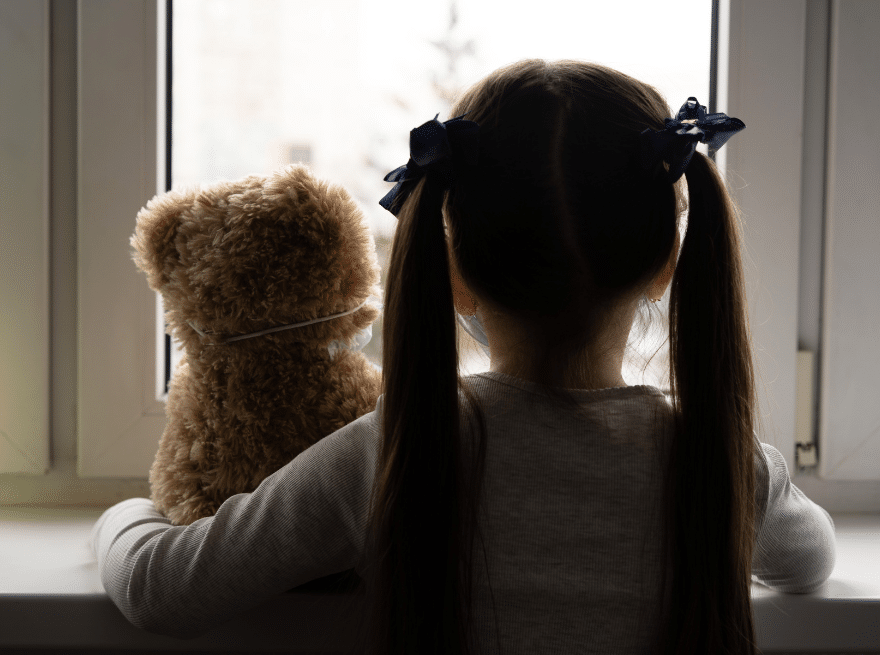
This article was originally published on the Adoption Council of Ontario’s blog for Bell Let’s Talk day (a social media campaign that encourages Canadians to talk openly about mental health). We were inspired by Kathy’s insight into the connection between early trauma and mental illness in adoptees, and by her ideas on how to help […]
Trauma matters

Advice from a counsellor on how to recognize and help wounded children and youth. Trauma: adoption’s shadow Many children and youth who are adopted have been exposed to highly stressful situations and traumatic events; however, the resulting special needs these children can experience aren’t always recognized or supported. It’s vital for caregivers and professionals to […]
Filling in the blanks

Storytelling can help your child receive a more accurate assessment. Introducing Cat In 2006, Cat went to Liberia, West Africa, to adopt a little girl and planned to spend six months working on opening a health clinic. This experience was life changing, though she witnessed only a small portion of the trauma suffered by the […]
Ask the expert: Mental health and trauma in children
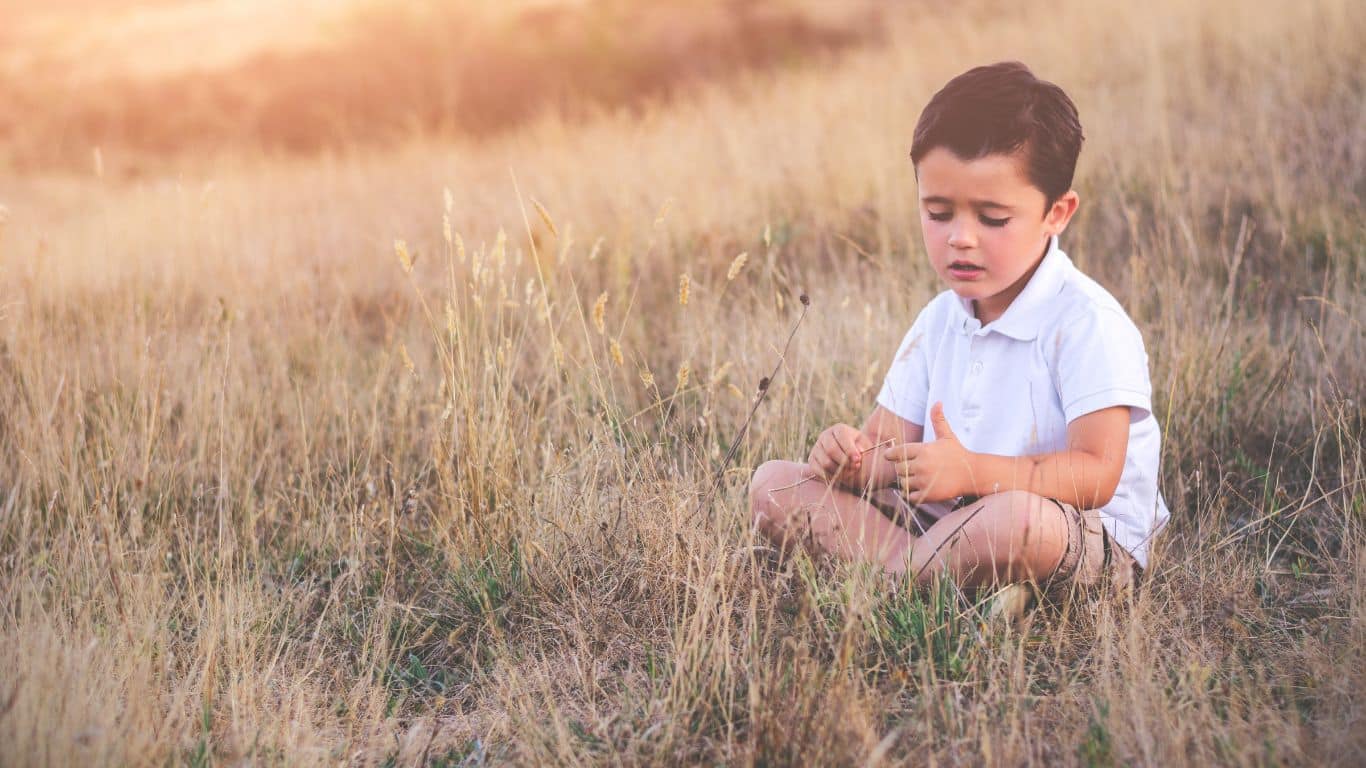
Britta West is a Registered Clinical Counsellor and Clinical Traumatologist located in Burnaby, BC. She completed her Master of Arts in Counselling Psychology from Yorkville University in 2009. In 2012, Britta completed the Clinical Traumatologist specialization from the Traumatology Institute. Her areas of expertise include attachment, trauma, mental health and behavioural health diagnoses and parenting. […]
Teaching trauma in the classroom
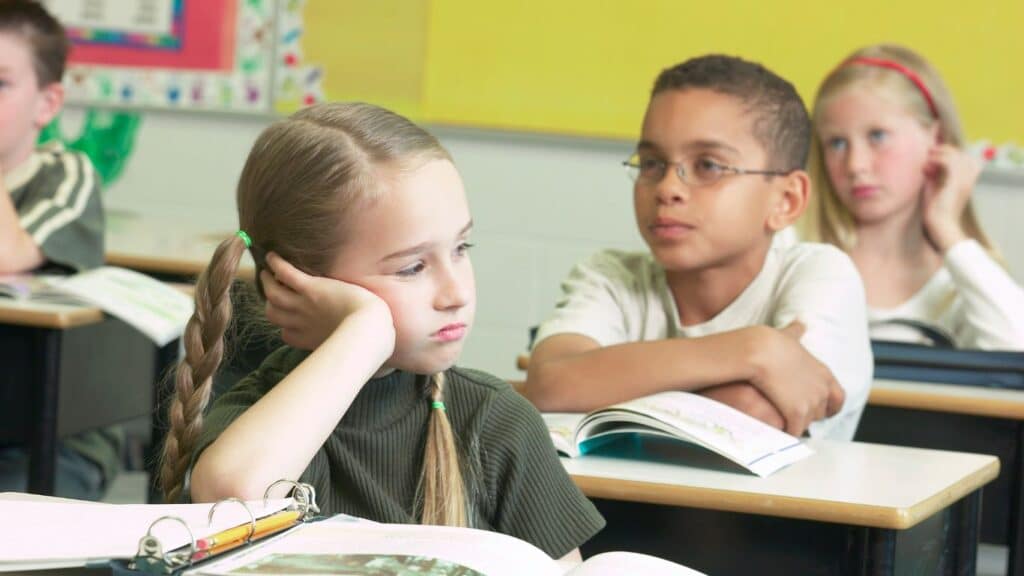
It’s not about “good” or “bad” Children are vulnerable. In an optimal environment, they experience this vulnerability later in life when their minds and nervous systems are equipped to handle elevated levels of fear, stress, and feeling overwhelmed. The key phrase here is “optimal environment.” Unfortunately, we live in the “real” world, so children will […]
Navigating anxiety

I have always been anxious. I didn’t recognize it until my mid 30s, when I went through full-blown, severe anxiety and depression. After months of hell, I saw the pain as the message it was: “you need to change.” During a lengthy process of growth and learning, I looked back and saw the patterns of […]
The truth about confabulation
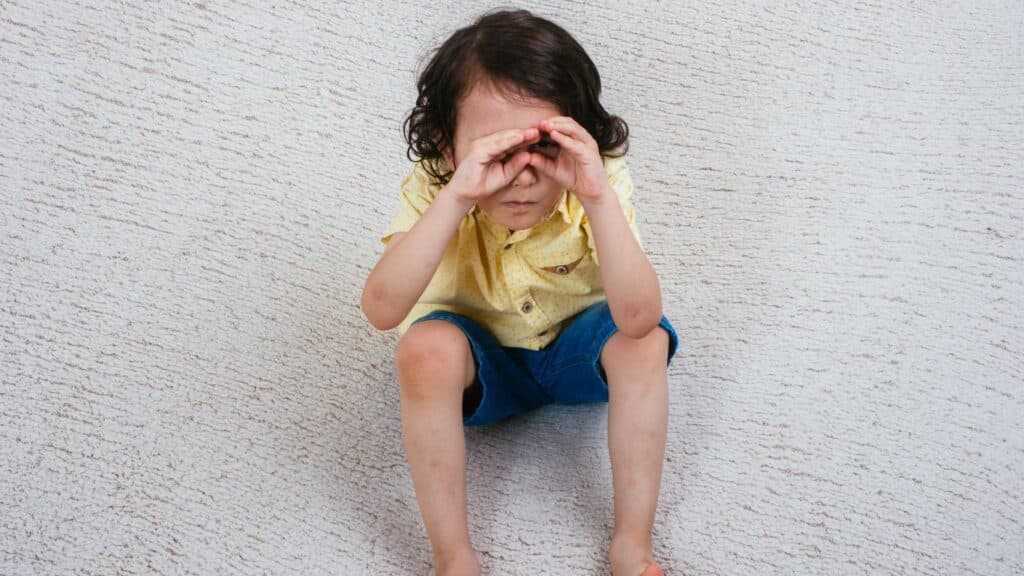
Is it lying? No, it’s confabulation and there’s a big difference! Time and time again we hear from adoptive parents that one of the hardest behaviours to take is children lying to them. They experience the lie as a personal affront, a show of disrespect, and a harbinger of anti-social behaviour to come. There are […]
The language of hurt kids
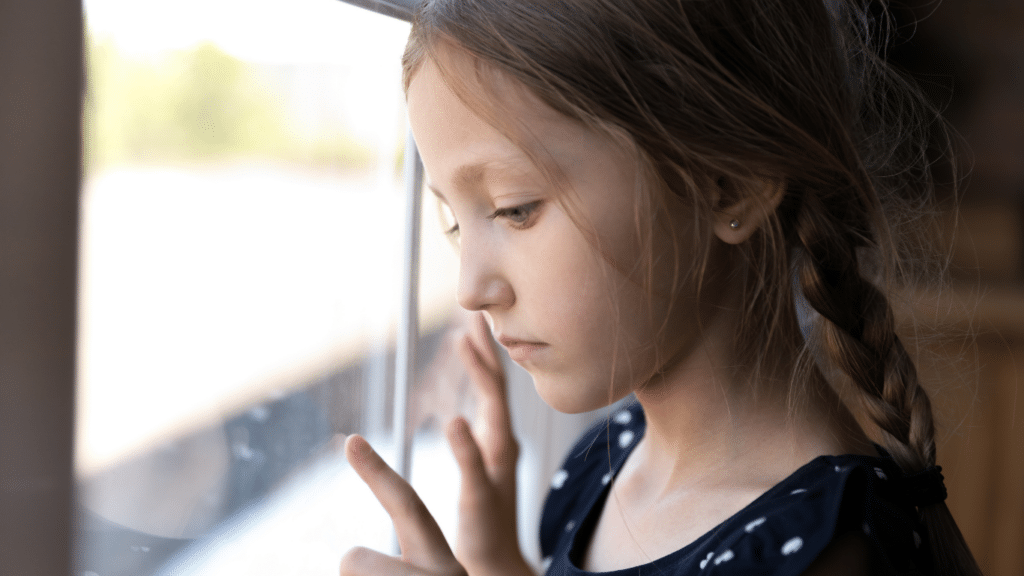
Psychologists have given us a concept of non-verbal communication that makes an incredible amount of sense in the context of adoption — it is called inducement. Those of us who live or work with adopted children need to understand that inducement is the language of the abandoned. Inducement is the most important conceptual tool we […]
Helping children make sense of a painful birth history
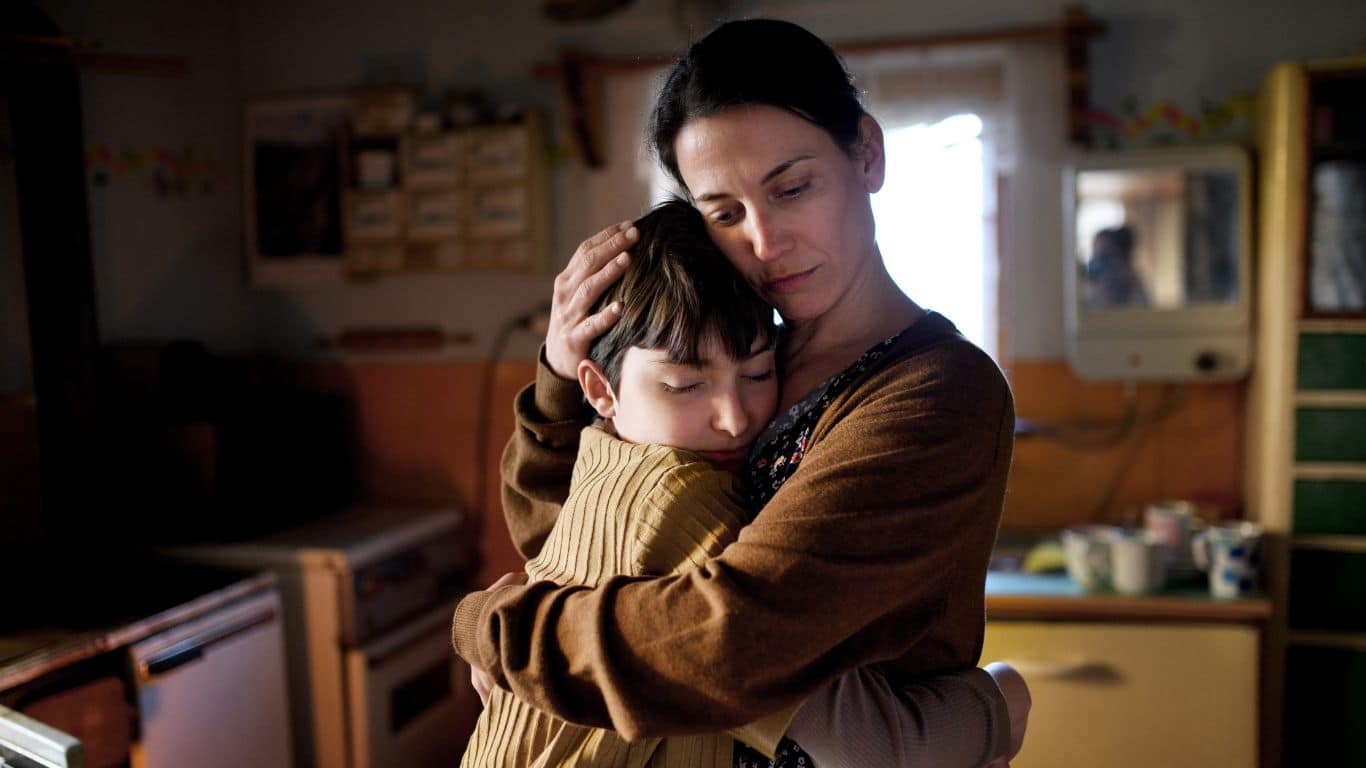
Learn how to support your child by talking openly about adoption at every stage. This guide covers essential tips, from using positive language early on to addressing tough topics, fostering a safe space for your child to express their feelings, and helping them form their identity with a clear, supportive narrative. 1. Be proactive—use the “A” […]
Helping children cope with and understand abandonment
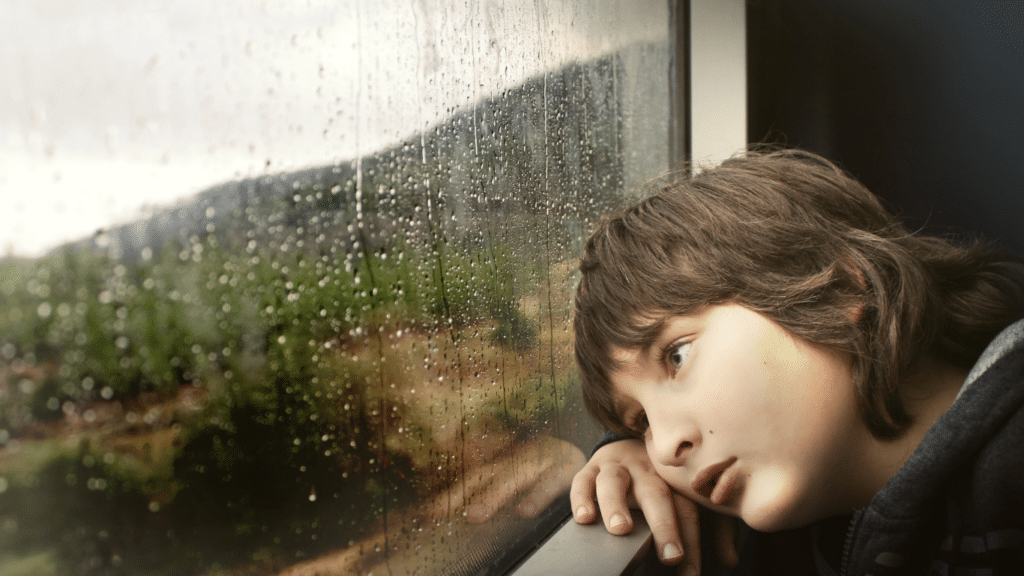
We know that the stress of growing within a mother who is considering whether she will be able to raise the child she is carrying affects the developing brain of the fetus. Primed to connect on an unmistakably profound level at birth, the newborn or older baby or child, regardless of the excellence of the care […]
Developing brains: Building attachment in adopted children
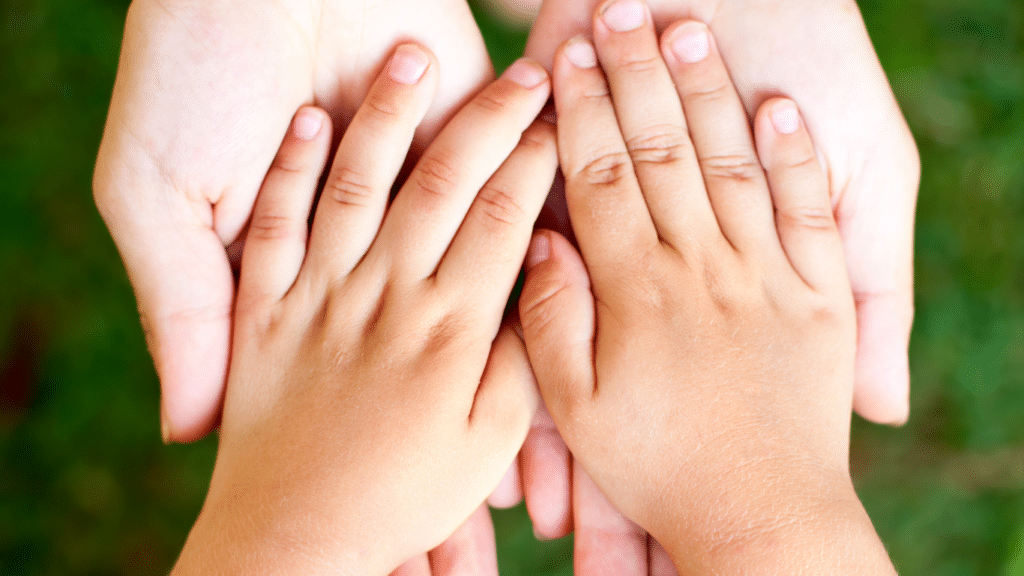
Trauma and brain development The brain develops from the inside out. A newborn’s brain has about 100 billion cells. At birth, the primitive brain, called the brainstem, is sufficiently developed to insure that vital functions can be maintained independently for a short period. Baby can breathe, the heart beats, the body temperature self-regulates, reflexes are […]
